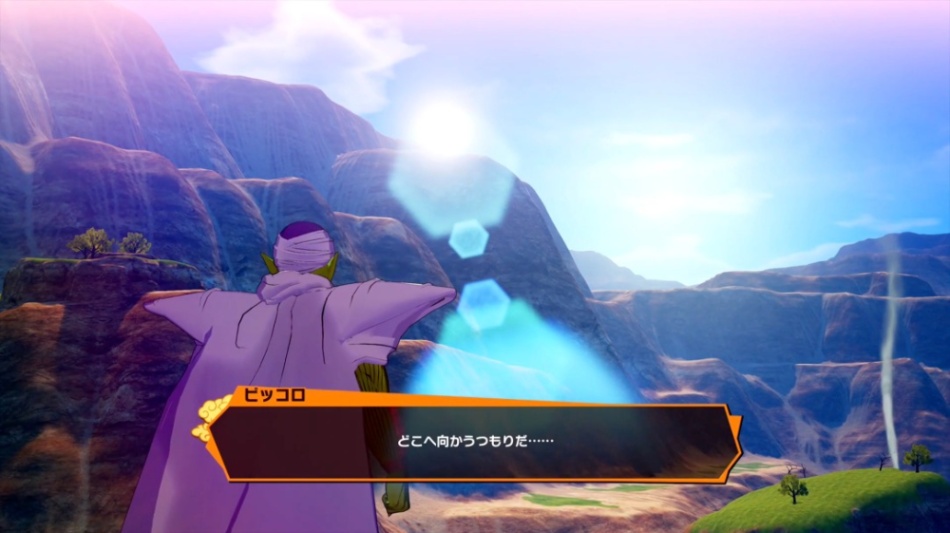Understanding the Meaning of だ (da) and です (desu) in Japanese
Anna Baffa Volpe
Get in touch with meThe copula だ is at the center of the Japanese language and grammar. だ is a notoriously complicated grammatical construct, but it's also an essential part of understanding a sentence in Japanese.
Whether you're just starting out in your Japanese language journey or you're a seasoned learner, understanding the ins and outs of だ is crucial for clear communication.
In this post, we'll take a deep dive into the world of だ, exploring its meaning, usage, and conjugation rules.
What does だ mean in Japanese
The verb だ/です (da / desu) means to be, is, or are. だ is the copula in Japanese and it is one of the first elements that one learns at the beginning of the study of the language.
The plain form we find in the dictionary is だ and its polite form である.
です is often considered a polite form of だ; it actually belongs to Sonkeigo 尊敬語, the honorific language of respect.
Let's see the meaning of だ taken from an original Japanese dictionary:
1断定する意を表す。
In the definition we see the term 断定する, which means conclusion, statement, affirmative. だ is generally used at the end of a sentence to affirm and emphasize what said.
Grammar rules for だ in Japanese
だ/です is placed as for all verbs at the end of the sentence and follows nouns and adjectives.
あの建物は文化センターだ。
That building is a cultural center.
Adjectives ending in な behave like nouns.
あの方は親切だ。
That person is nice.
The plain form だ is not used with adjectives ending in い.
美しい。
It's beautiful.
With adjectives ending in い you can use です instead.
だ and です can be followed by exclamation particles よ and ね.
とても高いですよ。
It's very expensive!
サンキュは英語ですね。
'Thank you', is it english right?
How to use だ in Japanese
だ/です is an auxiliary verb and is used to determine and state something. It expresses that a thing, person or situation is a certain way.
だ/です are also defined verb to be of identification, compared to the verbs ある and いる which instead translate the verb to be of existence (there is, there are).
辞書だ。
It's a dictionary.
英語の歌だ。
It's an English song.
フランスの車だ。
It's a French car.
美術館です。
It's a museum.
Using だ in interrogative form: ですか and なの
The interrogative form is obtained with:
- です polite form and the interrogative particle か
- な instead of だ and の as an interrogative particle, generally only in a confidential and informal context
この料理の名前はなんですか?
What is the name of this dish?
A
あなたのバッグですか。
Is that your purse?
B
はい、そうです。
Yes.
Expressions using だ in Japanese
The copula だ is part of many expressions which are also very useful and used in the Japanese language.
だ is often found after a noun at the end of a sentence. An example is the expression つもりだ:
The term つもり indicates an intention or plan. When だ follows つもり the expression indicates the intention is.
Let's see an example:

0:00.00
-1:0-1.00
どこへ向かうつもりだ。
Where do you think you're going.
Using だ at the end of the sentence adds a lot of emphasis and makes the sentence direct and strong. To make the sentence less direct, the polite form です can be used.
Another example is the expression とおりだ:

0:00.00
-1:0-1.00
もういい!クリリンの言うとおりだよ!
That's enough! It's just like Krilin says!
Combining the copula だ with the particle よ at the end of the sentence adds extra emphasis.
Usage of だ in Japanese: examples and translations
この町は静かだ。
This city is quiet.
私の友達です。
He is my friend.
古いお寺だ。
It is an ancient temple.
Similar grammar points in Japanese 📚
から
から (kara) Meaning Japanese Grammar - Because
だけ
だけ (dake) Meaning Japanese Grammar - Only
たりする
たりする (tari suru) Meaning Japanese Grammar - Do Such Things as A, B Etc
ちがう
ちがう (chigau) Meaning Japanese Grammar - No
まだ
まだ (mada) Meaning Japanese Grammar - Still
ないでください
ないでください (naide kudasai) Meaning Japanese Grammar - Please Do Not Do